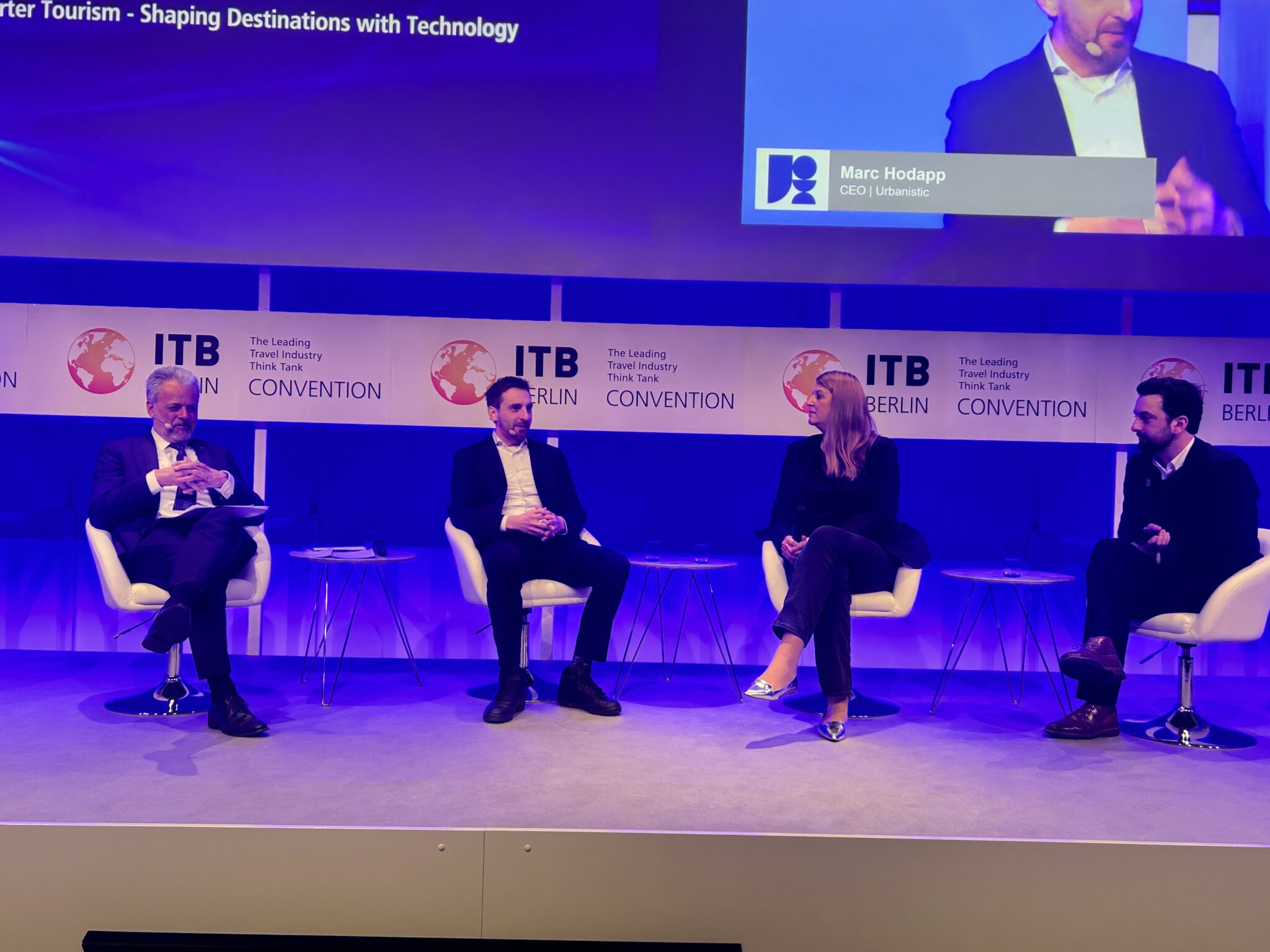ChatGPT's Value for Tourism: Fewer Boring Top 10 Lists

Skift Take
Dublin's tourism chief predicts AI will unlock authentic value for tourists.
Dublin’s tourism chief thinks AI can replace generic top 10 lists and travel guides – at least that's one of the potential outcomes of his group's new project with OpenAI, the developer of ChatGPT.
Barry Rogers, Head of Dublin City Tourism Unit, was speaking Wednesday on a panel at the ITB Berlin travel trade show.
“What we're finding is there's plenty
